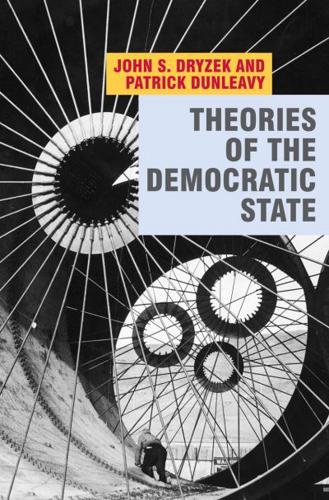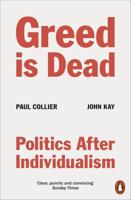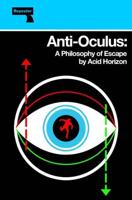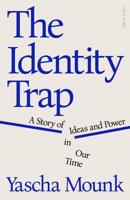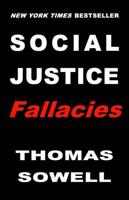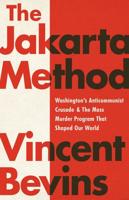Publisher's Synopsis
We live in a world governed by states whose enduring importance and domination of contemporary politics has been strikingly underlined by their renewed activism in the face of a global economic crisis.
Yet the very nature of states remains deeply contested, with a range of competing theories offering very different views of how they actually do or should operate. In the past this competition has lead to deep ideological conflict - and even to war. In this major new work, John S. Dryzek and Patrick Dunleavy provide a broad-ranging assessment of classical and contemporary theories of the state, focusing primarily on the democratic state form that has come to dominate modern politics.
The authors' starting point is the classical theories of the state: pluralism, elite theory, Marxism and market liberalism. They then turn to the contemporary forms of pluralism prevalent in political science, systematically exploring how they address central issues, such as networked governance, globalization, and changing patterns of electoral and identity politics. They proceed to analyse a range of key contemporary critiques of modern states and democracy that have emerged from feminism, environmentalism, neo-conservatism and post-modernism. Each approach is carefully introduced and analysed as far as possible in relation to a common set of issues and headings.
Theories of the Democratic State takes the reader straight to the heart of contemporary issues and debates and, in the process, provides a challenging and distinctive introduction to and reassessment of contemporary political science.
